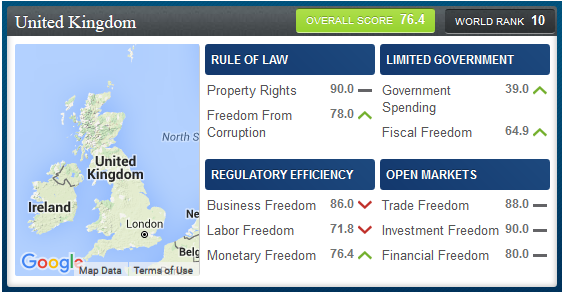The German Ambassador to Ghana, His Excellency Christoph Retzlaff, has met with Ghana's Minister of Food and Agriculture, Hon. Dr. Owusu Afriyie Akoto, to dicusss ways the German Government can contribute towards the growth and development of the sector.
The two parties discussed amongst other things, how the European powerhouse can partner the private sector in order to support the development of Ghana's agriculture.
His Excellency Christoph Retzlaff, who announced this when he paid a courtesy call on the Agric Minister at his office last Friday, observed that there are great potentials in the country's agricultural sector which when tapped will inure to the utmost benefits of all Ghanaians.
He said Germany will readily support Ghana's agriculture particularly in partnership with the private sector to improve its growth and development.
Read Also: 66% of Rice Consumed in Ghana Imported
The German Ambassador to Ghana therefore commended the Agric Minister for his zeal and commitment towards his duty.
He therefore requested that the Ministry furnishes him with government's plans and proposals towards revamping the agricultural sector so that his government can adequately contribute.
On his part, the Food and Agriculture Minister welcomed the idea and expressed government of Ghana's readiness to partner Germany in the development of the agric sector.
He said the government under the leadership of His Excellency Nana Addo Dankwah Akufo Addo, made a promise to Ghanaians to modernize the agricultural sector and create jobs for the teeming youths, adding that any effort geared towards the the fulfilment of that objectives will be gladly welcomed.
"Our President is passionate about the development of the agric sector and the creation of jobs, we will therefore not hesitate at all in making sure that objective is fulfilled," the minister emphasized.
The Minister had earlier on met with Ambassadors from Canada, Sweden and other developing partners.
The two parties discussed amongst other things, how the European powerhouse can partner the private sector in order to support the development of Ghana's agriculture.
His Excellency Christoph Retzlaff, who announced this when he paid a courtesy call on the Agric Minister at his office last Friday, observed that there are great potentials in the country's agricultural sector which when tapped will inure to the utmost benefits of all Ghanaians.
He said Germany will readily support Ghana's agriculture particularly in partnership with the private sector to improve its growth and development.
Read Also: 66% of Rice Consumed in Ghana Imported
The German Ambassador to Ghana therefore commended the Agric Minister for his zeal and commitment towards his duty.
He therefore requested that the Ministry furnishes him with government's plans and proposals towards revamping the agricultural sector so that his government can adequately contribute.
On his part, the Food and Agriculture Minister welcomed the idea and expressed government of Ghana's readiness to partner Germany in the development of the agric sector.
He said the government under the leadership of His Excellency Nana Addo Dankwah Akufo Addo, made a promise to Ghanaians to modernize the agricultural sector and create jobs for the teeming youths, adding that any effort geared towards the the fulfilment of that objectives will be gladly welcomed.
"Our President is passionate about the development of the agric sector and the creation of jobs, we will therefore not hesitate at all in making sure that objective is fulfilled," the minister emphasized.
The Minister had earlier on met with Ambassadors from Canada, Sweden and other developing partners.































